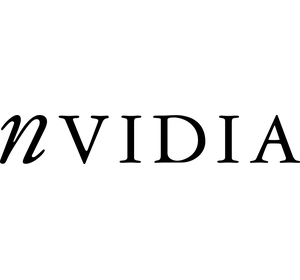$BABA $PING $HSCEI
#China #ConvertibleBonds #Alibaba #PingAn #FinanceNews #Fundraising #CapitalMarkets #Investment #AsianMarkets #CorporateFinance #BondMarket #DebtIssuance
Chinese companies are displaying significant interest in the convertible bond market as a cost-effective way to secure financing amidst a challenging economic environment and fluctuating liquidity conditions. High-profile names such as Alibaba Group ($BABA) and Ping An Insurance ($PING) have turned to this versatile funding instrument to meet their capital needs. Convertible bonds, which offer the dual advantages of lower interest rates for issuers and potential capital upside for investors, are gaining traction as Chinese corporates look for alternatives to traditional debt financing or equity issuance. This method is becoming particularly attractive, given the tightening regulatory scrutiny on equity-based raisings and persistently fragile market sentiment in Hong Kong and mainland China.
Chinese firms are leveraging the convertible bond market not only to enjoy lower borrowing costs but also to appeal to a broader spectrum of global and domestic investors. The structure of a convertible bond provides investors with an embedded call option, allowing them to convert the bond into equity should the underlying company’s stock price rise. This dual advantage encourages participation from investors seeking both income yields and growth potential. Market analysts suggest that this wave of convertible issuances aligns with corporate strategies to diversify funding channels while minimizing dilution to shareholders during volatile market periods. Companies like Alibaba, one of China’s largest tech giants, are seizing these opportunities to preemptively secure financing for growth initiatives in e-commerce, artificial intelligence, and logistics infrastructure.
In the case of Ping An, which operates one of the largest financial services ecosystems in Asia, convertible bond issuance could help bolster its capital base amid macroeconomic uncertainties and growing insurance policy liabilities. This strategy also reflects an awareness of rising interest rates and a more cautious stance by traditional lenders. By opting for convertible bonds, Ping An has the ability to strengthen its balance sheet while reducing pressure on its cash flow, offering a flexible approach to capital management. The inflow of liquidity from such instruments could also underpin Ping An’s expansion plans into fintech and health-tech domains, fields it has prioritized over the last five years to counter traditional insurance market headwinds.
The increasing reliance on the convertible bond market by Chinese corporates has wider implications for Asia’s capital markets. It demonstrates how companies are innovating their capital-raising strategies in response to economic headwinds and dampened foreign investment inflows. Financial analysts note this trend could foster greater development and sophistication in Asia’s convertible bond ecosystem, setting the stage for higher levels of institutional engagement. While this could pose yield compression risks for bond investors due to oversupply, the rising investor appetite for hybrid instruments suggests there is still ample room for growth in this niche market. Such developments might gradually ease financing challenges for businesses, particularly those within China’s pivotal tech and financial services sectors, enabling them to navigate the complexities of post-pandemic economic recovery.











Comments are closed.